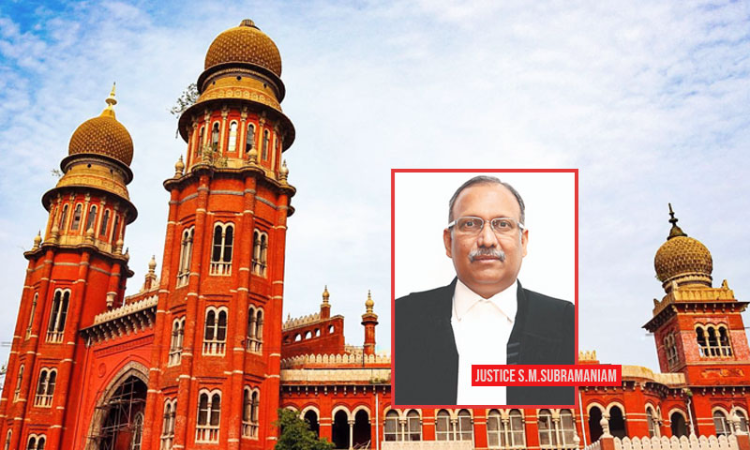The Madras High Court recently observed that trained Uniformed Personnels, under no circumstances, can be utilised to perform the menial job in the residences of Higher Authorities. Justice SM Subramaniam remarked that trained Uniformed Personnel are expected to perform the combatant duty and other law and order duties in the interest of public at large. It added that forcing them to...

